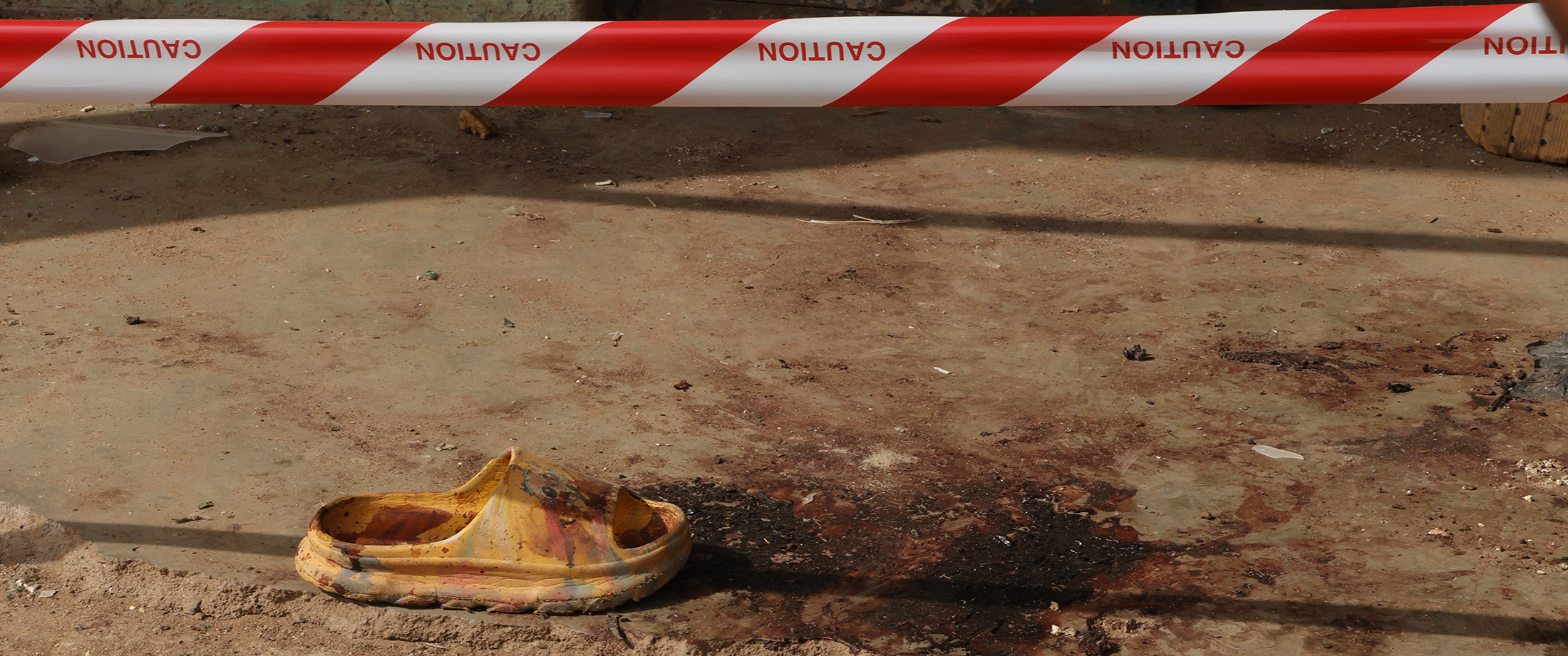AnalysisDavid Bumgardner | November 3, 2025
The tragic national security situation in Nigeria has been thrust into the international spotlight anew with a threat from U.S. President Donald Trump.
On Oct. 31, Trump designated Nigeria as a “Country of Particular Concern” for “systematic violations of religious freedom” and threatened to cut all aid and take military action.
This move was praised by some U.S. lawmakers and Christian advocacy groups, who point to staggering numbers of Christians killed as evidence of a programmatic persecution — or even a “Christian genocide.”
The Nigerian government, however, has denied these allegations, arguing it does not reflect the “national reality” of Boko Haram and other militant Islamist groups murdering both Christians and Muslims. Muslims particularly, they argue, have seen more deaths than Christians.
The Nigerian government, along with other analysts, diplomats and NGOs, contends the situation is a far more complex security crisis where both Christians and Muslims are victims.
“For Christians in the West, there are two primary perspectives.”
For Christians in the West, there are two primary perspectives.
One perspective sees the violence as a deliberate, systematic and religiously motivated campaign by Islamist groups to eradicate Christianity from parts of Nigeria.
Proponents of this view, including advocacy groups like Open Doors (UK) and Alliance Defending Freedom International, cite alarming statistics.
Reports indicate more than 7,000 Christians were killed in Nigeria in the first seven months of 2025 alone. Republican U.S. Rep. Chris Smith recently cited a figure that alleges 50,000 Christians have been killed since 2009.
There are three primary aggressors toward Christians, proponents of this theory suggest. The first is Boko Haram, a long-standing Islamist terrorist group in the northeast region.
The second is Islamic State West Africa Province, a Boko Haram offshoot that has explicitly targeted churches and Christian farmers.
The third is Fulani militants who, according to various reports, have received funding and support from ISWAP. These are mostly herders (who are predominantly Muslim) who attack predominantly Christian farming communities. Framed as “Islamist jihadists,” their violent clashes are seen as a religiously driven colonial and land-stealing campaign.
(123rf.com)
An alternative perspective, held by the Nigerian government and many security analysts, argues while the violence is horrific, labeling it a one-sided “Christian persecution” is inaccurate and simplistic. They contend it is a kind of “perfect storm” of multiple crises.
Proponents of this view do not deny Christians are being killed. Instead, they argue religion is just one factor among many amid the violence.
They further argue that while groups such as Boko Haram and ISWAP are anti-Christian, the majority of their victims are, in fact, Muslims, whom they dub “infidels” and insufficiently religiously devout.
Further, violence between Muslim herders and Christian farmers is not as much a holy war as much as it is a decades-old resource conflict driven by climate change and explosive population growth in the developing nation.
Nigeria stands to be the third most populous country in the world by 2050.
According to analysts, Nigeria stands to be the third most populous country in the world by 2050, with a projected population of 400 million. Currently, Nigeria also has more than 10 million children outside of school, with many of them roaming the streets and being subjected (and even pulled into) criminality, especially in urban areas.
Finally, proponents of this theory suggest an under-reported security failure is the rise of large, heavily armed criminal gangs composed mostly of youth and young adults. These groups attack both Muslim and Christian villages indiscriminately, killing thousands and running a massive kidnap-for-ransom industry.
From this perspective, the crisis stems from a catastrophic failure of governance and security, leaving both Christian and Muslim susceptible to various violent groups.
While the debate over labels and root causes continues, the facts on the ground are horrific and undisputed:
The core of the international debate is not about whether the violence is happening, but how to name it, who to blame and what the solution is.
Perhaps United States intervention — welcomed by some Nigerians — could be a potential solution, although how effective the “guns-a-blazing” method proposed by Trump would be remains to be seen.
David Bumgardner is a writer, theologian and educator living in Columbus, Ohio. He is a former BNG Clemons Fellow and a graduate of Texas Baptist College at Southwestern Seminary. He is a licensed commissioned pastor and holds an evangelism license through the Anglican Province of the Democratic Republic of the Congo, Diocese of Boga, and Missio Mosaic, an ecumenical missional society and religious order. He is awaiting the conferral of his master of arts in practical theology degree from Winebrenner Theological Seminary.
Related articles:
Is Nigeria really the world’s most dangerous place for Christians? | Analysis by Anthony Akaeze
Violence in Nigeria threatens religious freedom for Christians and Muslims alike, USICRF reports
(123rf.com)
• Stuck in the Middle With You
• Highest Power: Church + State
• Non-Disclosure: The Silenced Stories of Kanakuk Kamps Survivors
• Change-making Conversations
BNG interview series on the state of faith, politics and resistance in our nation.
See also Greg’s series on Politics, Faith and Mission
News
Opinion
News
Opinion
© 2025 Baptist News Global. All rights reserved.
Want to share a story? We hope you will! Read our republishing, terms of use and privacy policies here.
